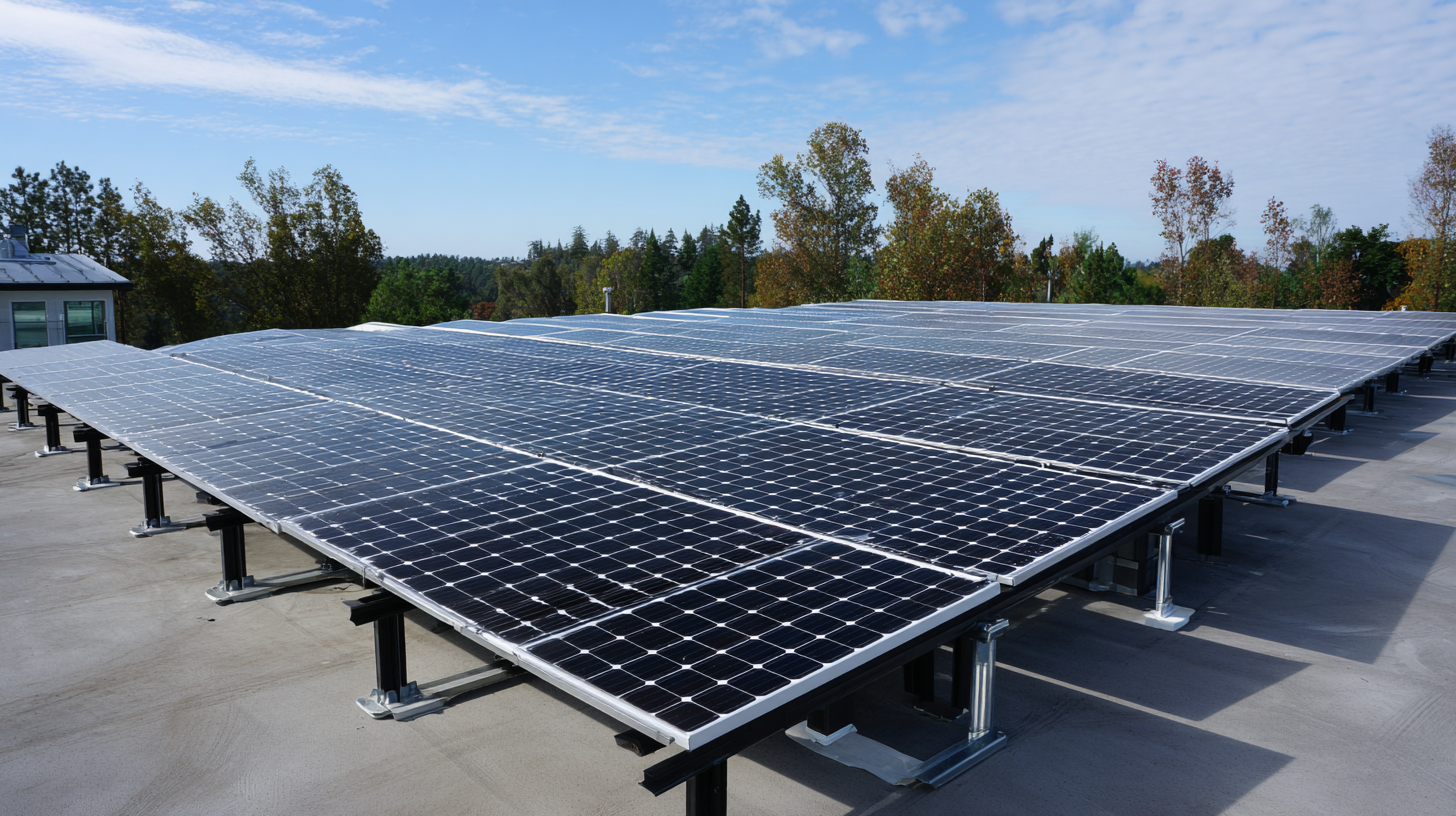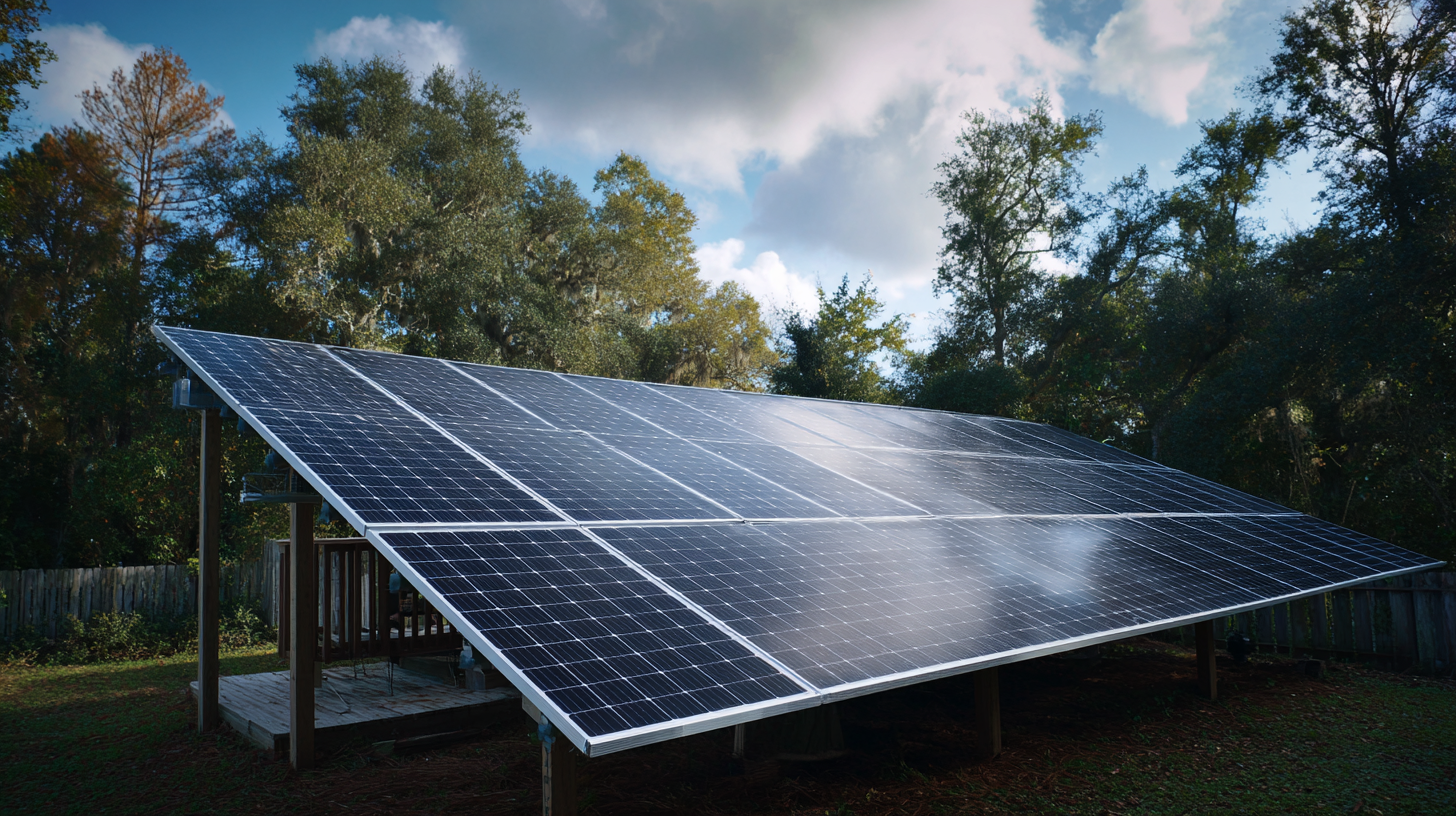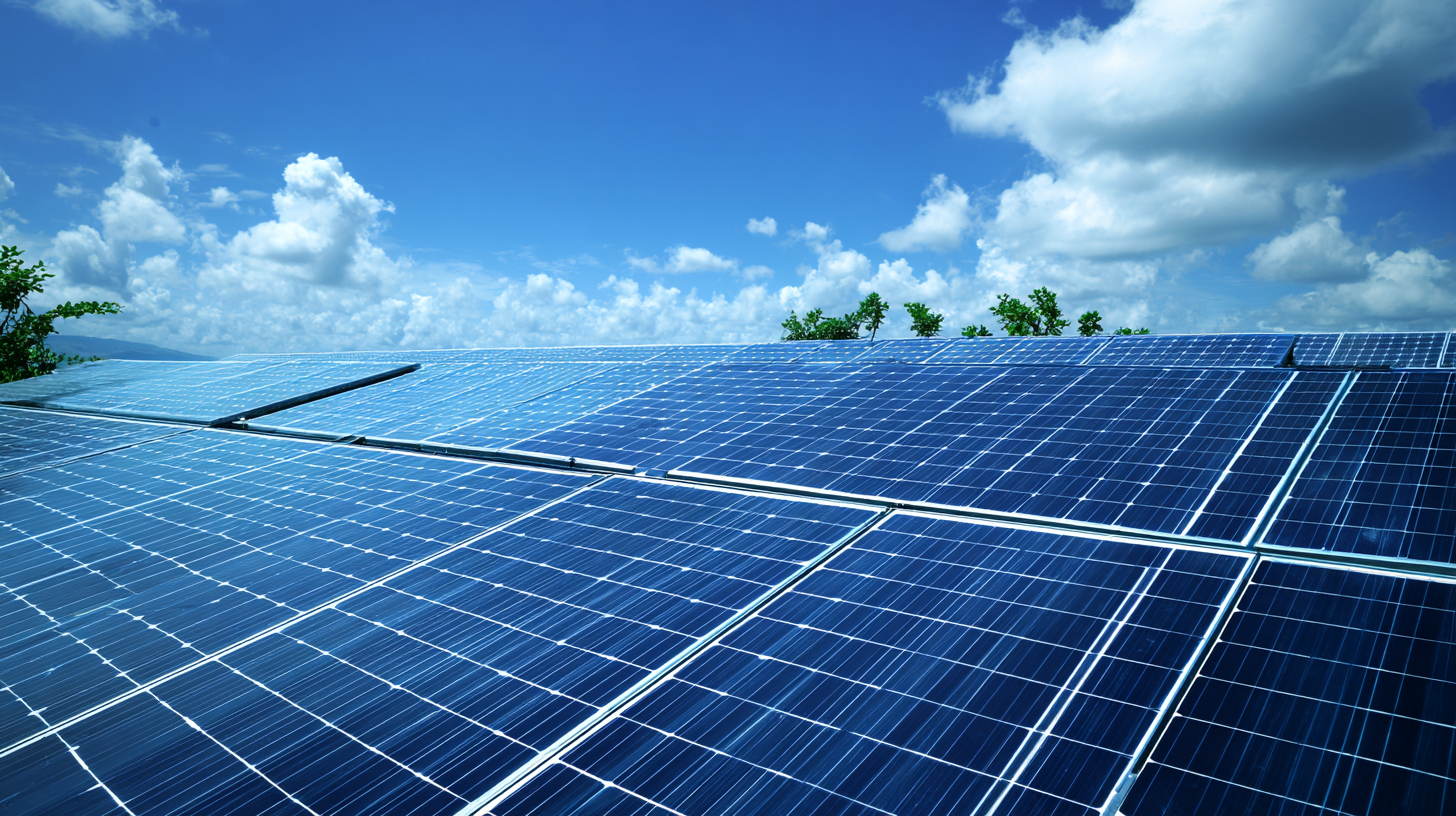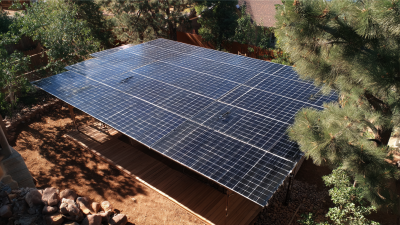ALL PRODUCTS
- Solar Panel
- Hybrid Inverter
- Lithium Battery
GSB SOLAR LITHIUM BATTERIES
- Gel Battery
- Solar Street Lights
- Pump Inverter
Maintaining a solar panel system is crucial for ensuring its optimal performance and longevity. According to the National Renewable Energy Laboratory (NREL), regular maintenance can enhance a solar panel's efficiency by up to 25%, significantly impacting energy production. With over 3 million solar installations across the United States alone, the importance of proper upkeep becomes evident as solar energy plays a pivotal role in the transition to renewable sources. Routine checks not only help in identifying and addressing issues like dirt accumulation or potential shading but also contribute to extending the lifespan of the system, which can last over 25 years with adequate care. Thus, adopting an effective maintenance strategy is essential for harnessing maximum energy output and achieving a sustainable energy future.

Regular maintenance of solar panels is crucial for ensuring they operate at peak efficiency. Over time, dust, dirt, leaves, and other debris can accumulate on the surface of the panels, blocking sunlight and reducing their performance. A thorough cleaning, ideally every six months or more frequently in particularly dusty environments, can significantly enhance energy production. Additionally, regular checks for any physical damage, such as cracks or loose connections, help in timely repairs which can prevent more severe issues and costly replacements.
Moreover, monitoring the system's performance through regular inspections can reveal any underperforming panels or potential malfunctions. Keeping track of energy output and comparing it with expected production levels can identify issues early on. This proactive approach not only extends the lifespan of the solar panel system but also ensures that homeowners maximize their investment in renewable energy. By prioritizing maintenance, users can ensure the reliability and efficiency of their solar energy system, leading to optimal savings and a lower carbon footprint.

The efficiency of solar panels is crucial in determining the amount of energy they can produce, and several key performance metrics can help monitor this efficiency. One of the primary indicators is the solar panel's efficiency rating, which typically ranges from 15% to 22% for most residential systems. According to a report by the National Renewable Energy Laboratory (NREL), a panel's energy output can fall significantly if this rating dips, making it essential to track the efficiency over time.
Another important metric is the Performance Ratio (PR), which reflects the actual output of the solar panel compared to its expected output under ideal conditions. Industry benchmarks suggest that a PR above 80% is considered good, while values below this threshold indicate potential issues such as shading, dirt accumulation, or system damage. Regular performance monitoring can help identify drops in PR, allowing for timely maintenance or corrective actions to be taken, ultimately ensuring optimal energy production and investment returns. Engaging in periodic inspections can also help in assessing other performance metrics like temperature coefficients and degradation rates, enabling homeowners to keep their solar systems running at peak efficiency.
To ensure the maximum efficiency of your solar panel system, proper cleaning is essential. The main goal is to remove dust, debris, and any other obstructions that may hinder sunlight absorption. One of the fundamental tools for effective solar panel cleaning is a soft-bristle brush. This helps in gently scrubbing the surface without scratching the panels. Additionally, using a squeegee with a rubber blade can effectively clear away any water spots or residues left after rinsing.

In terms of products, consider a biodegradable soap or a specialized solar panel cleaning solution. These products are designed to break down grime without damaging the solar surface or the environment. A pressure washer can be useful but should be used with caution; low pressure is vital to avoid panel damage. For those difficult-to-reach areas, a telescoping pole can extend your reach and make the cleaning process safer and more efficient. Utilizing the right tools and products will not only prolong the life of your solar panels but also enhance their energy output.
Seasonal maintenance of your solar panel system is essential for ensuring its longevity and efficiency. As the seasons change, various factors like dust accumulation, leaf debris, and snow can impact solar productivity. To enhance the performance of your solar panels, create a seasonal checklist that includes inspecting panels for damage, cleaning them regularly, and ensuring that no shading occurs from nearby trees or structures.
Cleaning solar panels is crucial, especially in the spring and autumn. When cleaning, use the proper tools and techniques to avoid damage. Consider DIY cleaning methods to save costs, or if needed, hire professional services for a deeper clean. In winter, be vigilant about snow accumulation; removing snow can significantly improve energy production. By adhering to this seasonal maintenance checklist, you can maximize your solar panel efficiency and extend their lifespan, ultimately benefiting your wallet in the long run.
Maintaining your solar panel system is crucial for ensuring its efficiency, as various issues can detract from its performance. According to a report from the National Renewable Energy Laboratory (NREL), solar modules that are not regularly cleaned can lose up to 25% of their efficiency due to dirt, debris, and other environmental factors. Regular inspections and cleaning are recommended, ideally every six months, to prevent grime accumulation, especially in areas prone to dust or pollen.
Another common issue arises from shading, which can significantly reduce solar output. A study published by the Solar Energy Industries Association (SEIA) found that even partial shading can lead to a 10-80% drop in energy production. To address this, homeowners should regularly trim overhanging branches and remove any objects that may cast shadows on the panels. Additionally, upgrading to micro-inverters or power optimizers can help optimize performance by ensuring that each panel operates at its maximum potential, even when some are shaded. Implementing these maintenance strategies can help homeowners maximize their solar energy systems' efficiency and longevity.






